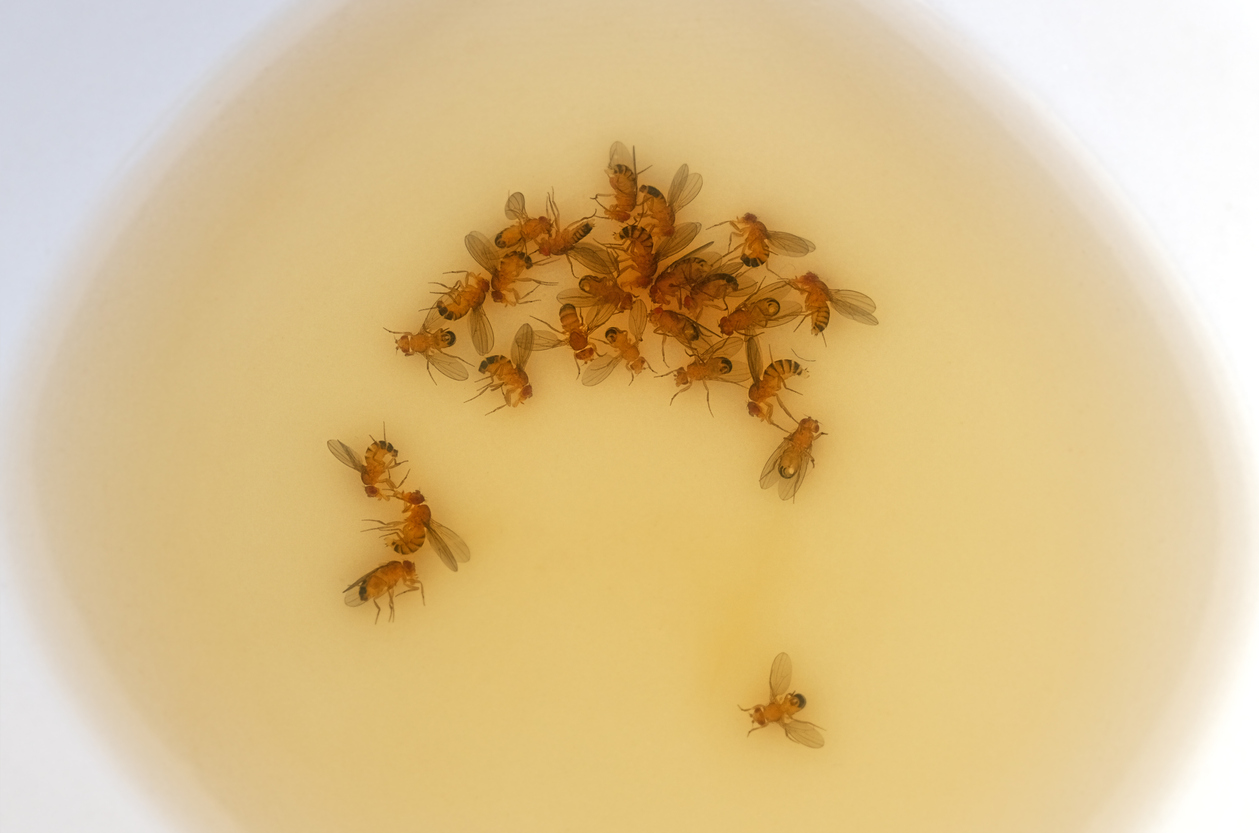The winter of 2024/25 has now passed, and as we move into summer 2025, attention turns to how this past season’s weather may have impacted insect activity—particularly the populations of flies. These pests are not just a warm-weather nuisance; their numbers and behaviour are directly shaped by the conditions they endured over the winter months.
Overview of Winter 2024/25 Weather in the UK
The UK experienced a relatively mild but wet winter in 2024/25, consistent with longer-term climate trends.
We had:
-
Milder-than-average temperatures, particularly in southern regions and urban areas.
-
Fewer prolonged frost periods, meaning soil and surface environments rarely froze deeply.
-
Above-average rainfall in many areas, leading to increased humidity and water accumulation in potential fly breeding environments.
This kind of winter typically results in higher survival rates for overwintering fly species, such as houseflies, cluster flies, bluebottles, and fruit flies.
Many of these insects find shelter in warm indoor spaces, compost heaps, or drains, and a lack of prolonged freezing allows more of them to survive until spring.
Biological Impact on Flies
Flies go into a dormant state during winter, or remain as eggs/larvae, depending on the species. Several weather-driven factors from this winter influence their population trajectories:
-
Mild Temperatures: These reduce mortality among dormant adults and allow earlier emergence from hibernation-like states.
-
Moisture and Organic Matter: Continued rainfall supports breeding sites such as bins, drains, manure piles, and compost.
-
Extended Breeding Season: Warmer spring conditions allow flies to begin mating and laying eggs earlier, extending the reproductive window and increasing population size by summer.
Together, these factors suggest that fly populations could be larger and active earlier than usual in summer 2025, especially if warm and damp conditions persist through June and July.
England, especially its southern and central regions, was notably affected by this pattern:
Southern England (e.g., London, Kent, Sussex, Hampshire)
-
Urban Heat Effect: Towns and cities retained warmth, creating ideal overwintering conditions in lofts, garages, and commercial buildings.
-
Limited Frosts: Without consistent freezing, overwintering flies likely survived in high numbers.
-
Rainfall & Drainage: Damp conditions in cities have kept organic waste and drainage systems moist—ideal for drain flies and fruit flies.
Midlands and Northern England
-
Experienced slightly more variation in temperature but still lacked the kind of prolonged freezing that would reduce fly numbers significantly.
-
Agricultural areas may see spikes in fly activity around manure and silage storage due to increased early-season breeding.
Anticipated Trends for Summer 2025
As we look to the rest of summer 2025, several trends are likely to emerge:
-
Earlier Infestations: Businesses and households may experience fly problems weeks ahead of historical norms.
-
Higher Population Peaks: Without significant winter die-off, fly populations may reach unusually high levels, especially if summer remains warm and humid.
-
Commercial Risk: Food businesses, hospitality venues, and waste management services should prepare for above-average fly pressure, particularly in England’s south and urban centres.
Found lots of flies in the attic or garage in winter or spring?
What to do
Discovered a swarm of flies suddenly in the house one summer’s night?
What to do
Noticed a lot more common flies around the house suddenly?
What to do
You need to identify what’s attracting the flies. Once you discover this, brace yourself for the shock of finding something that smells terrible and is riddled with maggots. Using protective gear, remove the thing attracting the flies from your house. If you can’t find it, then it may offer some peace of mind to know that the maggots will eat it, and eventually there will be nothing left except maybe bones. Until the carcas has been fully consumed, you’ll have lots of flies to contend with!
There are various ways to deal with flies in the home such as zappers and sprays which can be bought online or in a local hardware store.
Another measure you can take is to try and identify where the attractant is, perhaps in a wall cavity, and then seal up all the gaps to prevent the flies from emerging.
Got a sudden swarm of tiny little flies in your kitchen in summertime?
What to do


